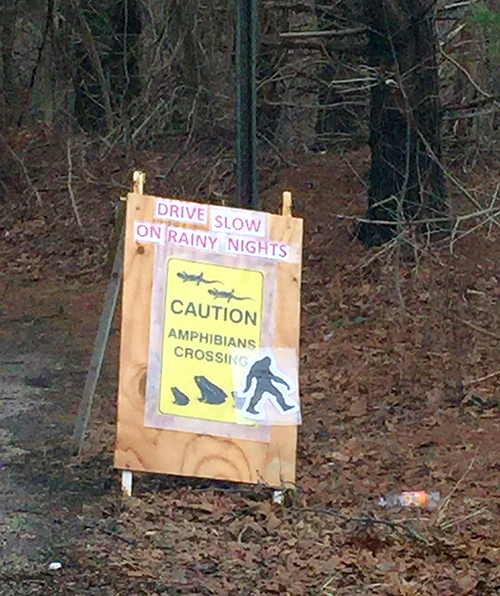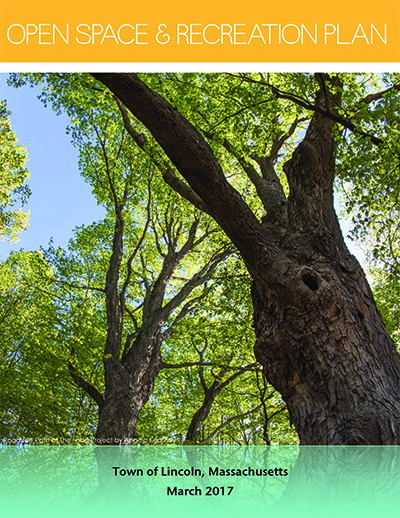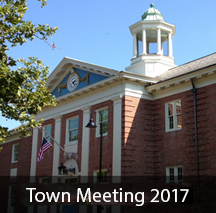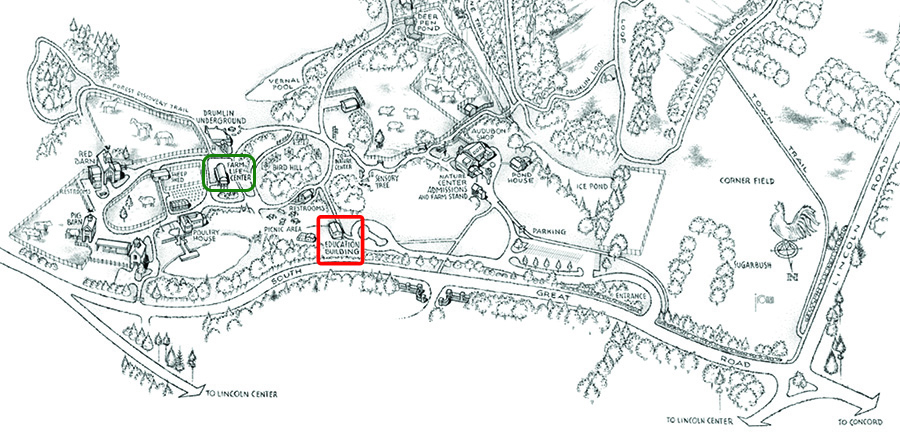
Resident Audrey Kalmus sent this photo of one of the signs on Silver Hill Road warning drivers to beware of crossing amphibians. The primate was added to the signs by a person or persons unknown. “Dave McKinnon, our land manager, noticed it yesterday,” Conservation Director Thomas Gumbart said on Friday. “We both thought it was pretty funny.”
Readers may submit photos for consideration for Lincoln Through the Lens by emailing them to lincolnsquirrelnews@gmail.com. If your photo is published, you’ll receive credit in the Squirrel. Photos must be taken in Lincoln and include the date, location, and names of any people who are identifiable in the photo. Previously published photos can be viewed on the Lincoln Through the Lens page of the Lincoln Squirrel.





